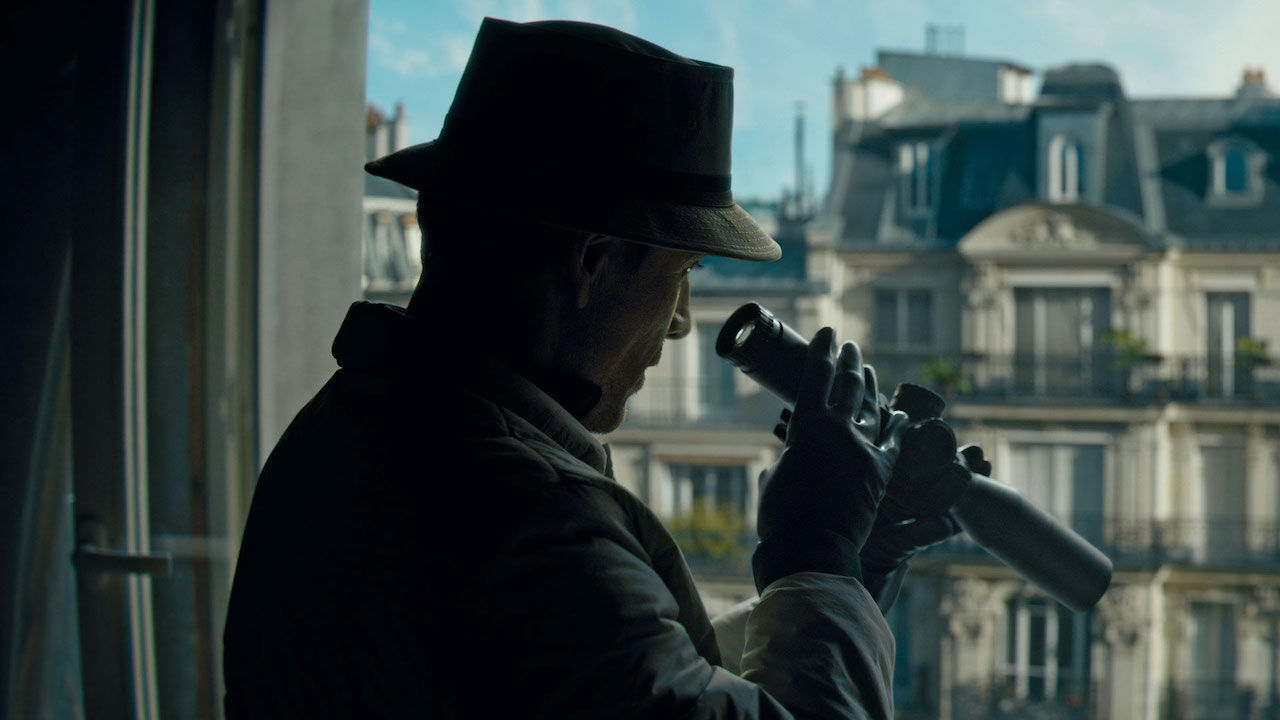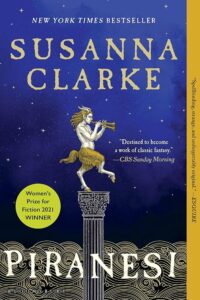David Fincher’s The Killer, adapted from the French graphic novel “Le Tueur”, marks a thrilling return to the director’s renowned territory of dark, cerebral thrillers. This film represents a departure from Fincher’s more recent work, such as the period piece Mank, and it’s a return that will undoubtedly please fans of his earlier, more genre-focused efforts. The movie, starring Michael Fassbender as an enigmatic and efficient assassin, plunges us into a world of shadowy intrigue and suspense, all delivered with Fincher’s characteristic visual and narrative precision.
The film opens with a tension-filled sequence in Paris, showcasing Fincher’s flair for crafting gripping, suspenseful scenes. From the very beginning, we are thrown into the deep end of the assassin’s world, where every action is calculated, every decision coldly methodical. Michael Fassbender, in his first role after a four-year hiatus, embodies this unnamed hitman with an icy intensity that is both chilling and mesmerizing. His portrayal is one of detached efficiency, painting a picture of a man for whom killing is not just a job, but a way of life.
One of the most intriguing aspects of The Killer is the way it delves into the psyche of its protagonist. Through a combination of first-person narration and internal monologue, we gain insight into the mind of a man who lives a life of isolation and precision. This narrative choice is compelling, allowing us to explore the existential loneliness and moral ambiguity inherent in the life of a professional killer. The film doesn’t shy away from these darker themes, instead embracing them to create a portrait of a man who is both a cold-blooded killer and a complex human being.
The film’s narrative structure is as meticulous as its protagonist’s methodology. Split into chapters, each segment of the film builds upon the last, creating a narrative that is both tightly woven and expansively detailed. This structure also serves to heighten the tension, with each chapter unveiling new aspects of the killer’s life and psyche, drawing the audience deeper into his world.
The technical aspects of The Killer are nothing short of spectacular. Fincher’s direction is precise and deliberate, with each shot carefully composed to maximize impact. The cinematography, by Erik Messerschmidt, complements Fincher’s vision perfectly, capturing the moody and atmospheric world of the film with a stark beauty. The film’s soundtrack, composed by Trent Reznor and Atticus Ross, adds another layer to the narrative, their haunting scores echoing the internal turmoil of the protagonist.
The Killer‘s action sequences are among its most memorable elements. They are brutal, yet beautifully choreographed, showcasing Fincher’s ability to handle action with the same level of care and attention to detail as he does the more psychological aspects of his films. A particularly notable scene is a fight between Fassbender’s character and another assassin, played by Sala Baker. This sequence is both a technical and narrative high point, demonstrating the film’s blend of cerebral storytelling and visceral action.

However, despite its many strengths, The Killer is not without its weaknesses. The film maintains a certain emotional distance, which, while fitting with the nature of its protagonist, can leave the audience feeling somewhat detached. This distance becomes particularly evident towards the film’s conclusion, which, in contrast to the explosive endings of some of Fincher’s previous works, feels somewhat anticlimactic. The film raises many questions about the nature of violence, morality, and the human condition, but it stops short of providing any definitive answers, choosing instead to leave these questions hanging in the air.
In conclusion, David Fincher’s The Killer is a film that stands as a testament to his skill as a filmmaker. It is a complex, beautifully crafted thriller that combines suspenseful storytelling with deep character exploration. While it may not reach the heights of some of Fincher’s most celebrated works, it is a compelling addition to his filmography, offering a fascinating glimpse into the mind of an assassin and the lonely, dangerous world he inhabits









